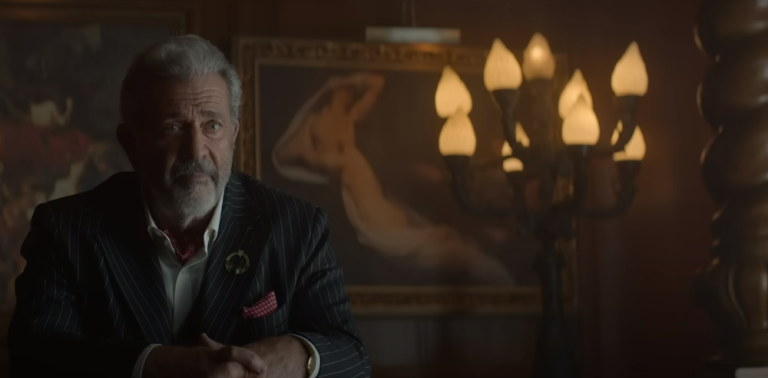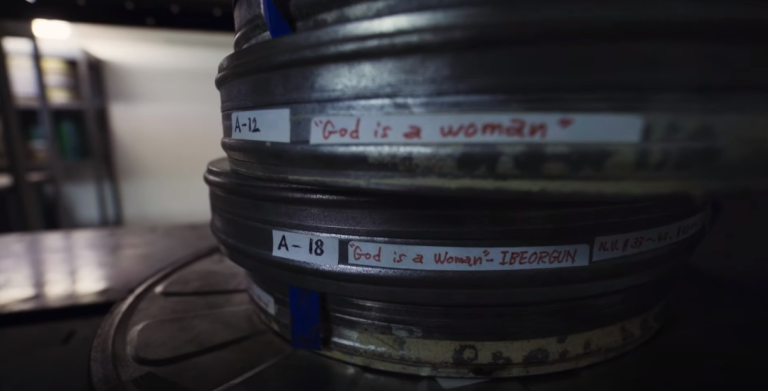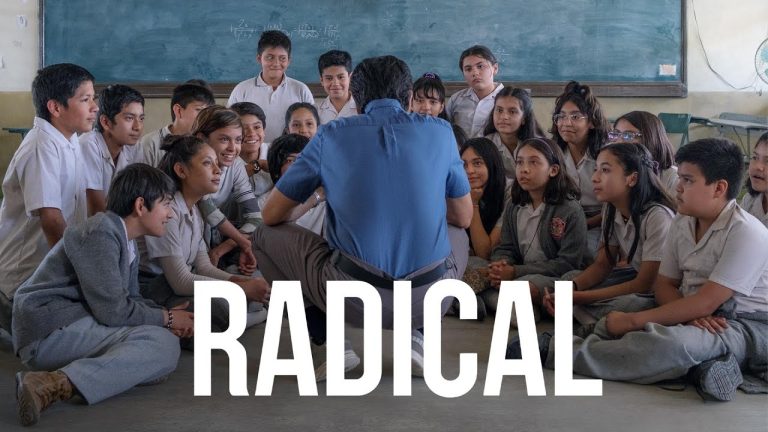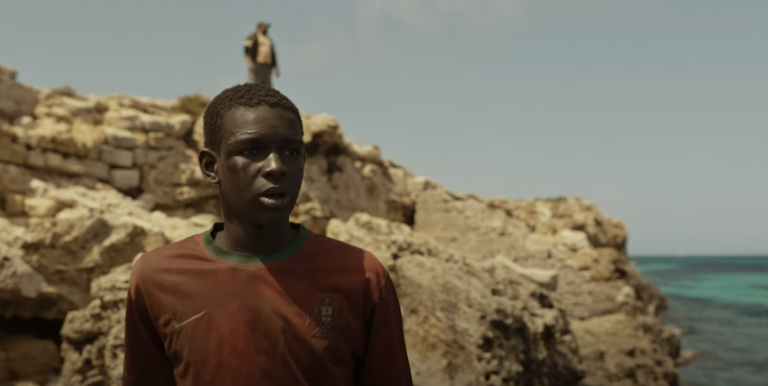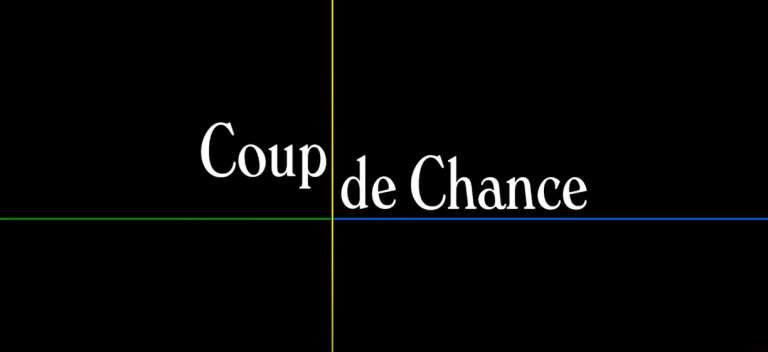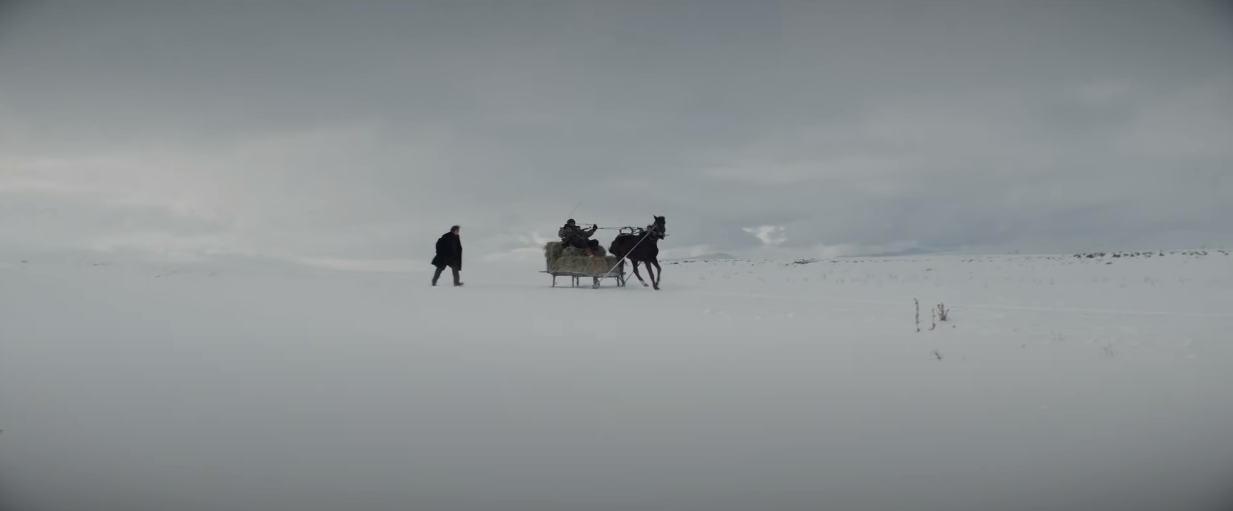
Nuri Bilge Ceylan’s film “About Dry Grasses” suggests that truths are always filtered through personal perspectives, making absolute certainty impossible. Whether lies are told for self-preservation or to spare feelings, what ultimately matters is how events make us feel, rather than the facts themselves. Ceylan warns that even our own perceptions of the world and our place in it are subjective and should be scrutinized.
In the film “About Dry Grasses,” Samet, an art teacher in rural Turkey, expresses his dislike for the town of Incesu where he works. He longs to be in a big city like Istanbul. The dialogue among the school staff reveals themes of honesty and deception, exemplified by a vendor who sells fake products but admits to it partially to maintain trust with customers.
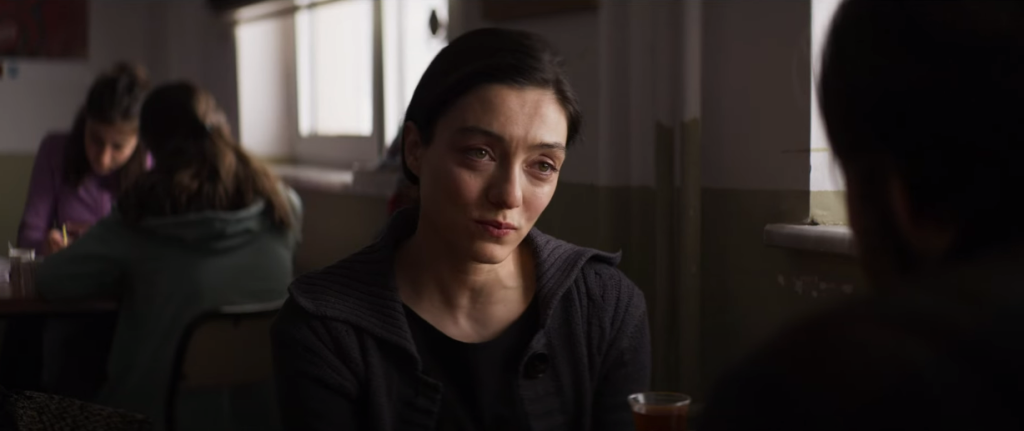
In the town, Samet, the teacher from the city, is respected by both the regime’s supporters and the local dissidents. He prefers to stay neutral, avoiding taking any political stance, which he sees as self-centered and cowardly.
Samet, despite his condescending demeanor, is generally liked by his fifth-grade students, especially Sevim, whom he considers particularly intelligent. However, their relationship is strained when Samet denies having a love letter found in Sevim’s backpack, leading to a breach of trust. Sevim retaliates with a lie that also implicates Samet’s friend Kenan. Despite knowing that showing favoritism or giving gifts to students is wrong, Samet refuses to admit it, justifying his actions as well-meaning.
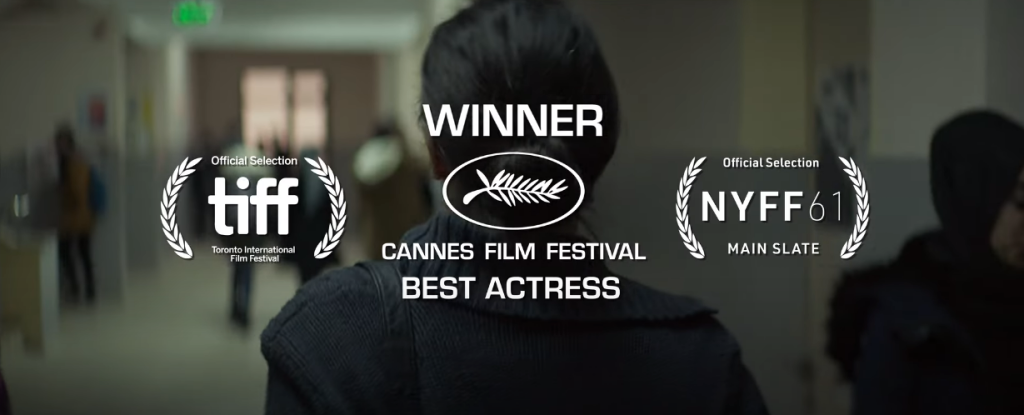
Samet believes that friendship should involve risk and sacrifice, but he often betrays this idea by manipulating others to support his own narrative. Despite demanding loyalty from those close to him, he himself lacks sincerity and often behaves arrogantly and patronizingly towards the people in the town. Actor Deniz Celiloglu portrays Samet as off-putting, not necessarily lacking empathy, but certainly arrogant and condescending.
Samet believes that while lying can be harmful, brutal honesty can be equally hurtful. Enraged by Sevim’s betrayal, he harshly tells his class that they will likely only end up farming for the wealthy, which is statistically true but not motivating. As a teacher, his duty is to inspire hope and encourage his students to defy the odds. Instead, his words come across as dictatorial and scornful, unfairly punishing the entire class for the actions of a few.
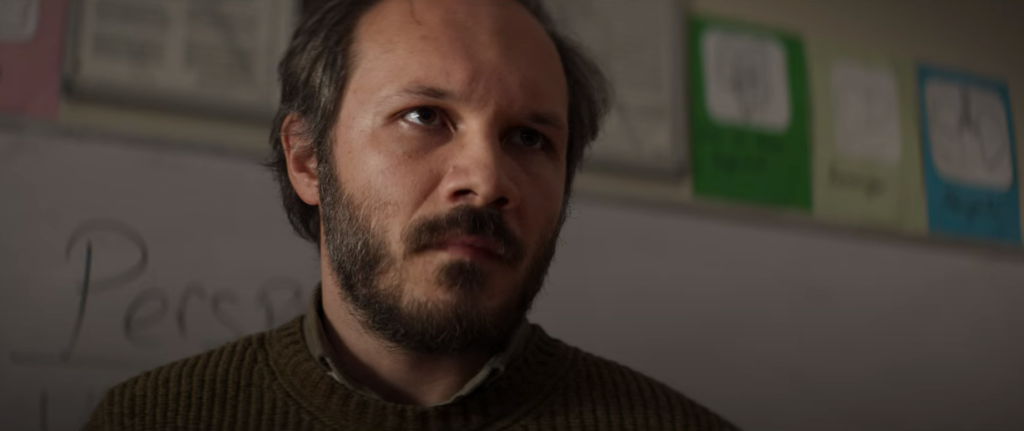
In “About Dry Grasses,” everyday conversations become intense battlegrounds that reveal the characters’ deepest fears and flaws. This is especially evident in scenes involving Samet, Kenan, and their new left-wing friend Nuray, a former military woman who lost her leg in an explosion. Despite the long runtime, the film’s carefully crafted dialogue and strong performances keep viewers engaged.
In “About Dry Grasses,” when Nuray reveals she bought a car, Kenan reacts with genuine excitement. Samet, however, looks at Kenan with disgust, feeling jealous that others can experience joy and that Nuray finds Kenan more interesting than him. Despite his jealousy, Samet isn’t interested in dating Nuray; he just resents the idea that others can find happiness.

During dinner, Nuray engages in a compelling ideological debate with Samet, exposing his selfishness behind his polite facade. Dizdar’s restrained performance delivers powerful lines advocating for community, while Samet justifies his inaction as sensible. Samet struggles with being honest or making Nuray happy when questioned about his character. However, Nuray also hides her true feelings by asking Samet not to mention their private evening to avoid hurting Kenan.
Ceylan’s theme about distrust is evident throughout the film, highlighting that art doesn’t aim for absolute truth. Samet’s photographs of the townspeople and Nuray’s paintings of her family capture only fleeting moments, unable to encompass their full complexity. These artistic representations reflect the artist’s perspective rather than the complete truth. Even ancient ruins offer only glimpses into the past, reminding us of the limitations of interpretation.
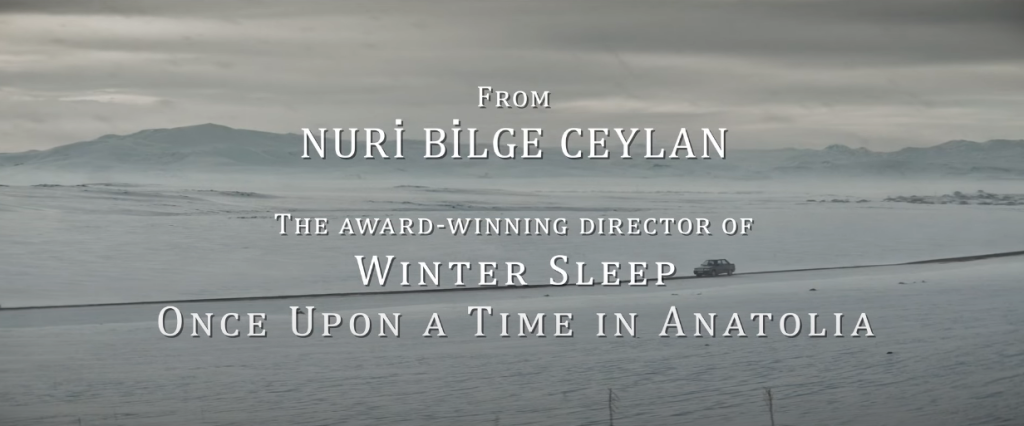
Towards the end, Ceylan briefly breaks the fictional spell to emphasize that images, whether on canvas or in how we present ourselves to others, only reveal a tiny portion of truth. He also suggests that cinema, despite being a masterful deceiver, holds emotional truth that viewers trust, even though they know it’s manipulated.
Ceylan suggests that there is value in taking a stand and believing in imperfect ideals, contrasting with the corrosive effects of accepting nothing can change. Those who embrace their fervent beliefs can challenge what seems unchangeable. Samet is drawn to Sevim and Nuray because they transcend bitterness, while he struggles with his own negative tendencies. He fears hope because it opens him up to disappointment. In reality, things are neither as wonderful nor as terrible as they appear, including the landscape itself. The difficulty of enduring the cold months almost obscures memories of better times.
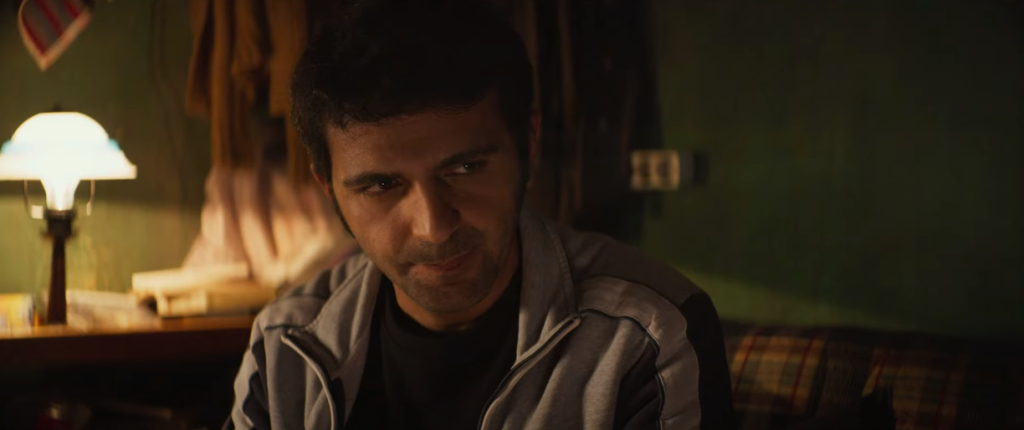
| Themes | Details |
|---|---|
| Truth and Perception | – Truths are filtered through personal perspectives – Absolute certainty is impossible – Events’ impact on emotions matters more than facts themselves – Our perceptions of the world are subjective and should be scrutinized |
| Honesty and Deception | – Samet dislikes rural town, longs for city – Dialogue reveals themes of honesty and deception – Vendor sells fake products but admits partially to maintain trust |
| Neutrality vs. Taking a Stand | – Samet prefers neutrality to avoid political stance – Views taking no stance as self-centered and cowardly |
| Relationships and Betrayal | – Samet’s relationship with students strained by denial of love letter found in Sevim’s backpack – Samet manipulates others to support his narrative – Betrays idea of friendship involving risk and sacrifice |
| Brutal Honesty vs. Tact | – Samet believes brutal honesty can be hurtful – Harshly tells class they will likely only farm for wealthy |
| Jealousy and Resentment | – Samet jealous of others’ happiness, resents Kenan’s joy over Nuray’s car purchase |
| Art and Representation | – Art doesn’t aim for absolute truth – Samet’s photographs and Nuray’s paintings capture fleeting moments, reflecting artists’ perspectives |
| Trust and Distrust | – Theme of distrust evident throughout the film |
| Embracing Beliefs | – Value in taking a stand and believing in imperfect ideals |
| Fear and Disappointment | – Samet fears hope because it opens him to disappointment |
| Cinematic Deception | – Cinema holds emotional truth despite being manipulated |
| Endurance and Memory | – Difficulty of enduring cold months obscures memories of better times |

